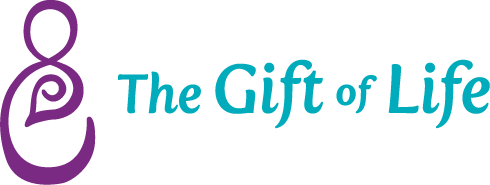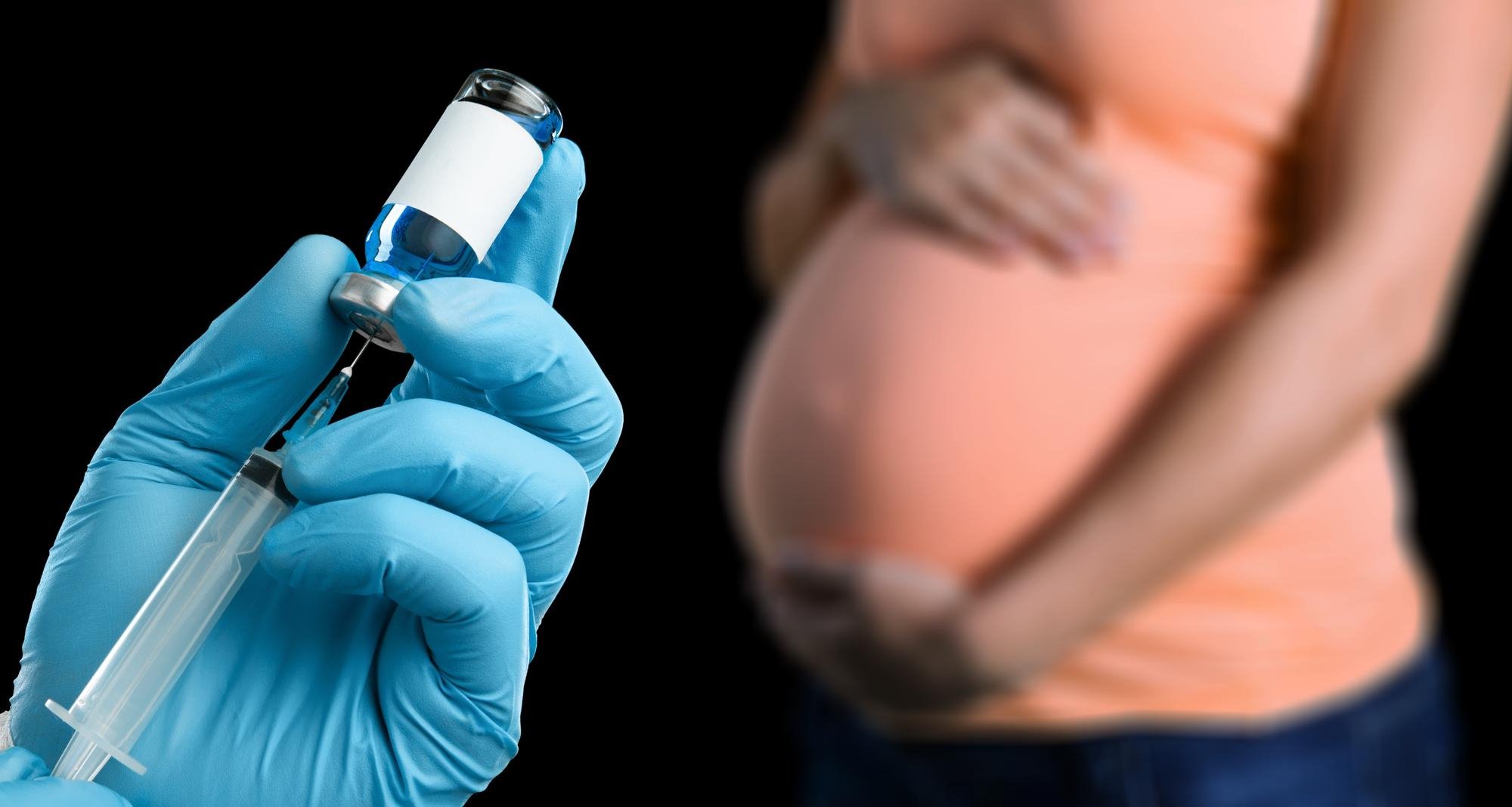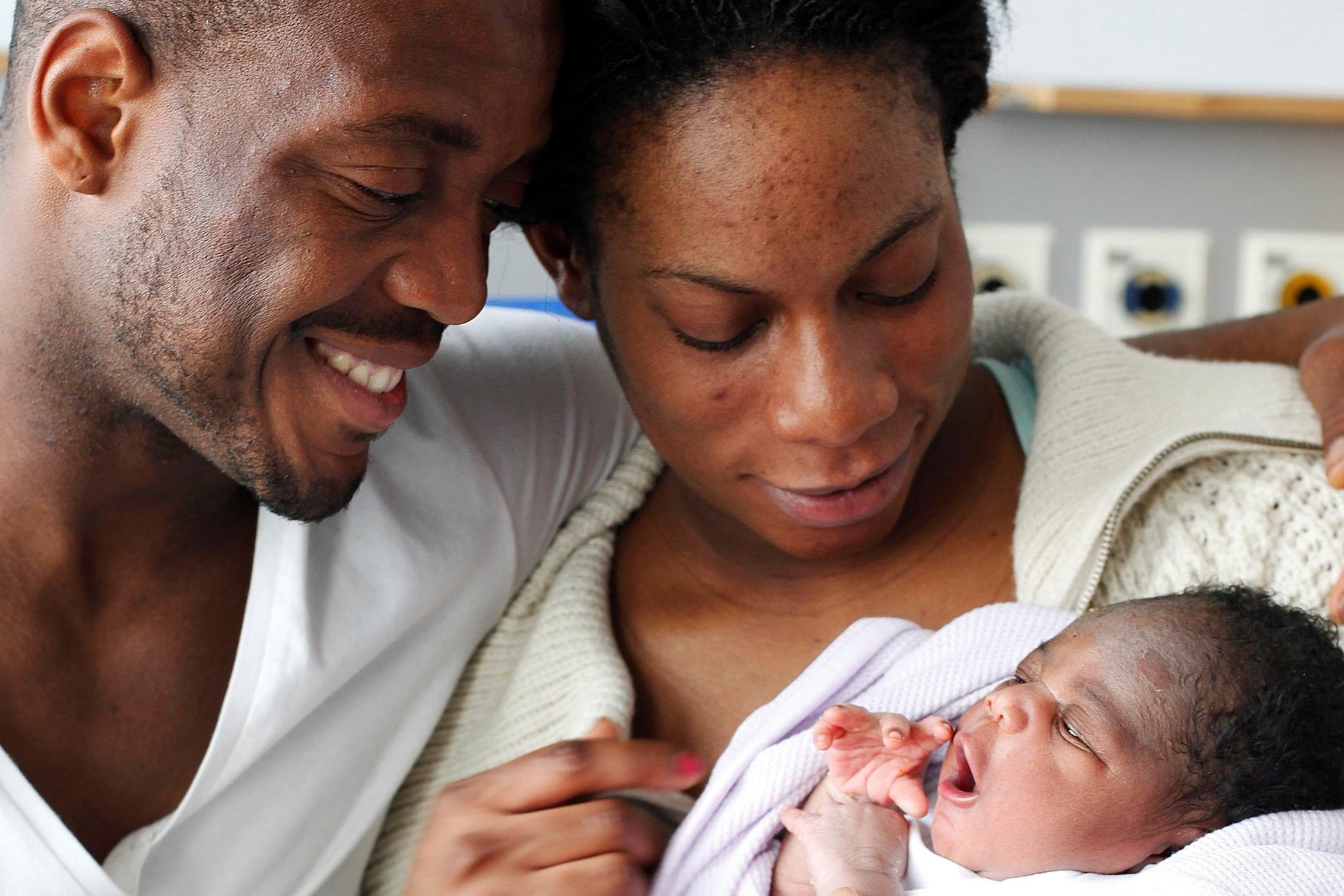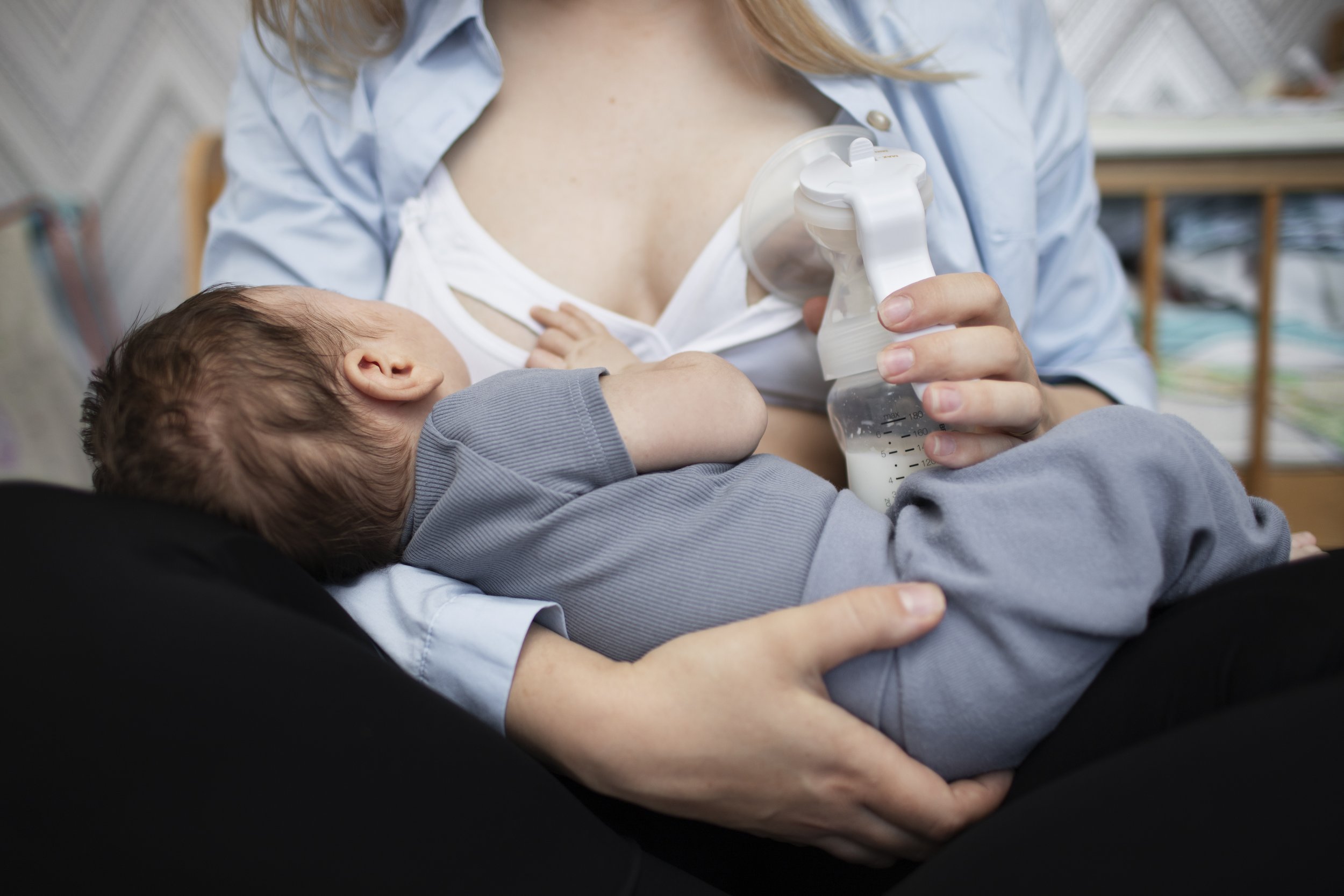COVID-19 and Pregnancy
If you are pregnant or were recently pregnant, you are more likely to get severely ill from COVID-19 compared to people who are not pregnant. Pregnancy causes changes in the body that could make it easier to get very sick from respiratory viruses like the one that causes COVID-19. Pregnant women with COVID-19 are also at an increased risk to experience complications that can affect their pregnancy and developing baby compared with women who are not pregnant. For example, COVID-19 during pregnancy increases the risk of delivering a preterm (earlier than 37 weeks) or stillborn infant. People with COVID-19 during pregnancy may also be more likely to have other pregnancy complications. (Source: CDC)
COVID-19 and Newborns
We still have much to learn about the risks of COVID-19 for newborns of people with COVID-19, however, we do know these facts:
Although the absolute risks are low, if you are pregnant or were recently pregnant, you are more likely to get very sick from COVID-19 compared to people who are not pregnant. Additionally, if you have COVID-19 during pregnancy, you are at increased risk of complications that can affect your pregnancy and developing baby.
Most newborns of people who had COVID-19 during pregnancy do not have COVID-19 when they are born.
Some newborns have tested positive for COVID-19 shortly after birth. We don’t know if these newborns got the virus before, during, or after birth.
Most newborns who tested positive for COVID-19 had mild or no symptoms and recovered. Reports say some newborns developed severe COVID-19 illness. (Source:CDC)
Breastfeeding & COVID-19
Current evidence suggests that breast milk is not likely to spread the virus to babies. COVID-19 vaccination is recommended for people who are pregnant, breastfeeding, trying to get pregnant now, or might become pregnant in the future. In addition, everyone who is eligible, including those who are pregnant, breastfeeding, trying to get pregnant now, or might become pregnant in the future, should get a booster shot. You should always wash your hands with soap and water for 20 seconds before breastfeeding or expressing breast milk, even if you don’t have COVID-19. If soap and water are not available, use a hand sanitizer with at least 60% alcohol.
If you have COVID-19 and choose to breastfeed:
Current evidence suggests that breast milk is not likely to spread the COVID-19 virus to babies. For more information talk to your healthcare provider or visit CDC.gov/coronovirus
Wash your hands before breastfeeding
Wear a mask while breastfeeding and whenever you are within 6 feet of your baby.
If you have COVID-19 and choose to express breast milk:
Use your own breast pump (one not shared with anyone else), if possible.
Wear a mask as you express breast milk.
Wash your hands with soap and water for at least 20 seconds before touching any pump or bottle parts, and before expressing breast milk.
Follow recommendations for proper pump cleaning after each use. Clean all parts of the pump that come into contact with breast milk.
Consider having a healthy caregiver feed the expressed breast milk to the baby. The caregiver should be up to date on their COVID-19 vaccines and not be at increased risk for severe illness from COVID-19. If the caregiver is living in the same home or has been in close contact with you, they might have been exposed.
People who have come into close contact with someone with COVID-19 should be tested to check for infection:
If you develop symptoms, get tested immediately and isolate until you receive your test results. If you test positive, follow isolation recommendations.
If you do not develop symptoms, get tested at least 5 days after you last had close contact with someone with COVID-19.
Self-tests are one of several options for testing for the virus that causes COVID-19 and may be more convenient than laboratory-based tests and point-of-care tests. Ask your healthcare provider or your local health department if you need help interpreting your test results.
Any caregiver feeding the baby should wear a mask when caring for the baby for the entire time you are in isolation and during their own quarantine period after you complete isolation.
(Source: CDC)
COVID-19 & Fertility
The CDC recommends COVID-19 vaccines for everyone ages 6 months and older, including people who are pregnant, breastfeeding, trying to get pregnant now, or might become pregnant in the future and getting boosters. There is currently no evidence that any vaccines, including COVID-19 vaccines, cause fertility problems (problems trying to get pregnant) in women or men. COVID-19 can make you very sick during pregnancy. Additionally, if you have COVID-19 during pregnancy, you are at increased risk of complications that can affect your pregnancy and developing baby.
What You Need to Know About COVID-19 Vaccination and Fertility- There is currently no evidence that vaccine ingredients or antibodies made following COVID-19 vaccination would cause any problems with becoming pregnant now or in the future. Recent studies have found no differences in pregnancy success rates among women who had antibodies from COVID-19 vaccines or from a recent COVID-19 infection, and women who had no antibodies, including for patients undergoing assisted reproductive technology procedures (e.g., in vitro fertilization).A study of more than 2,000 females aged 21-45 years and their partners found that COVID-19 vaccination of either partner did not affect the likelihood of becoming pregnant. Like with all vaccines, scientists continue to study COVID-19 vaccines carefully and will continue to report findings as they become available. (Source: CDC)
Local COVID-19 Testing/Vaccination Sites
To find COVID-19 vaccine locations near you, search vaccines.gov, text your ZIP code to 438829, or call 1-800-232-0233. You can also:
Ask your doctor, pharmacist, or community health center, or visit their website.
Contact your state health department.
Check your local pharmacy’s website to see if vaccination appointments are available. Some pharmacies may offer vaccines to those who walk in without making an appointment ahead of time.
Click the button for a list of local COVID-19 testing and vaccination sites.





